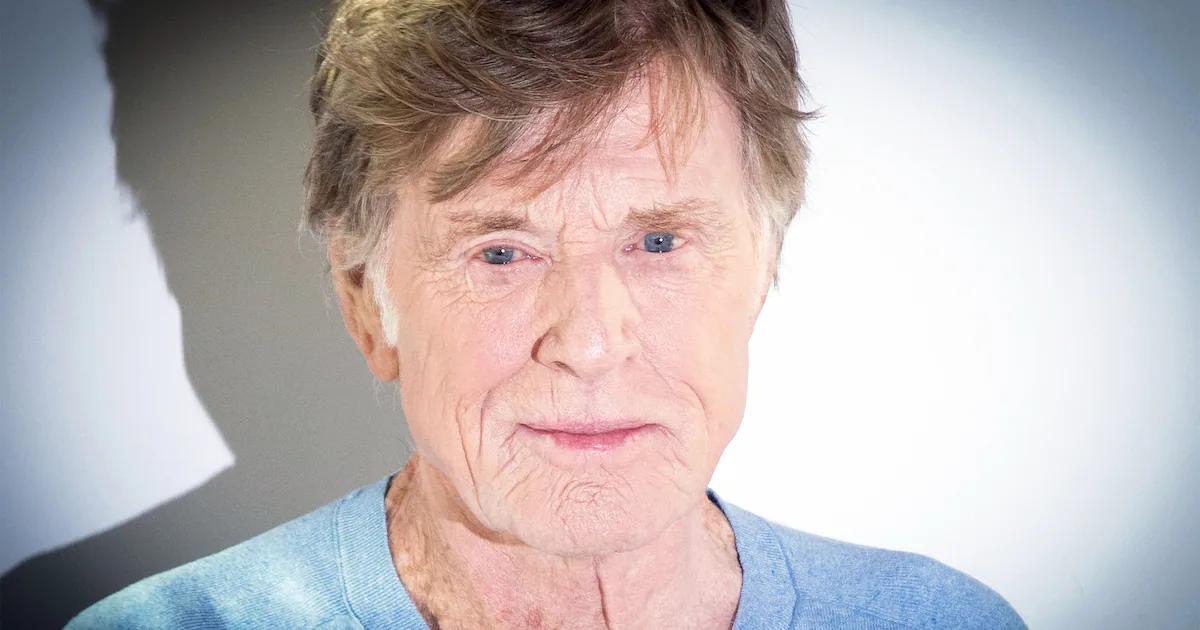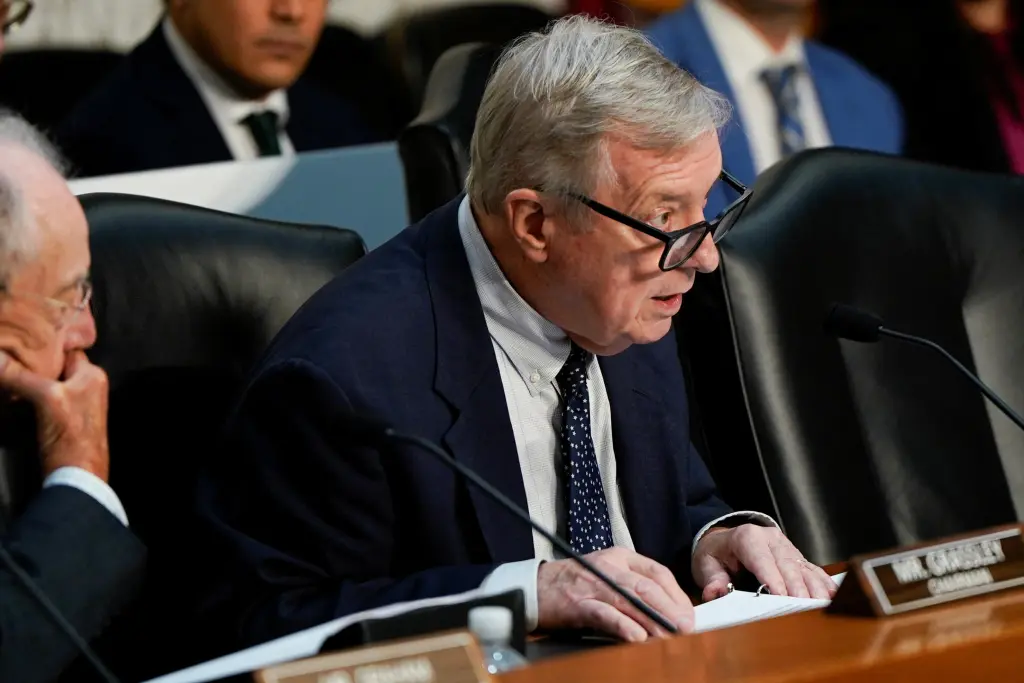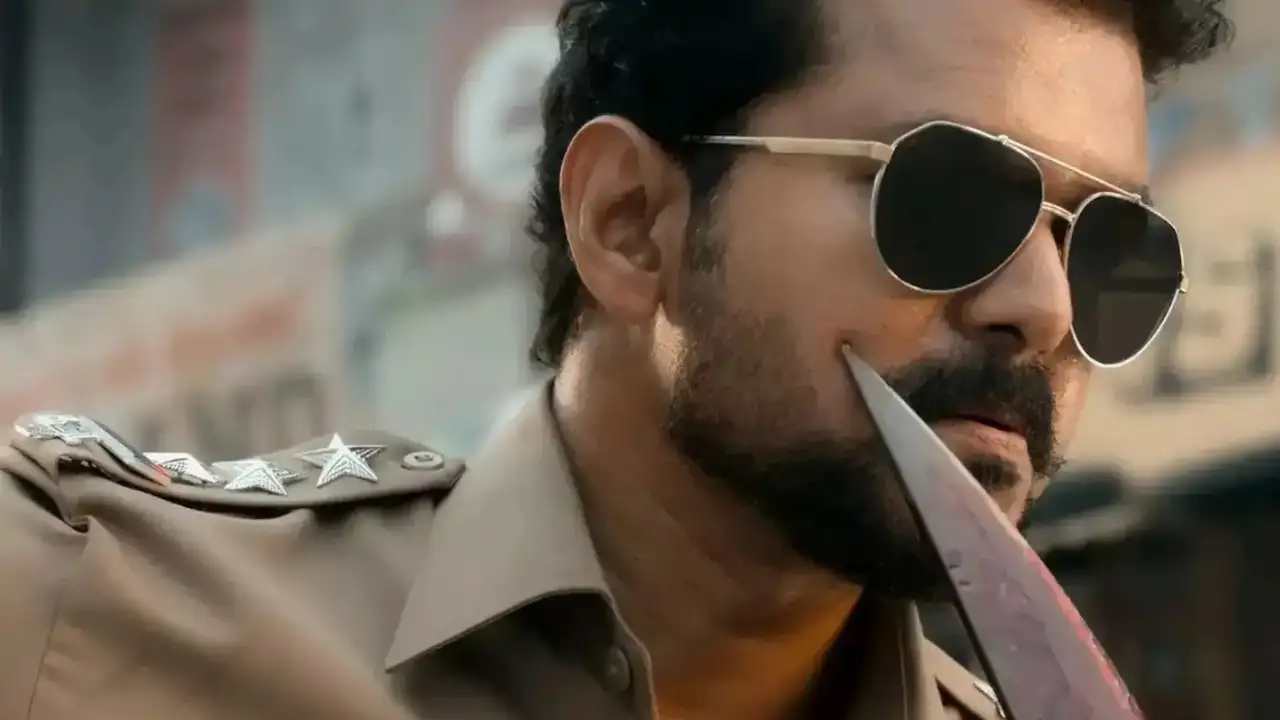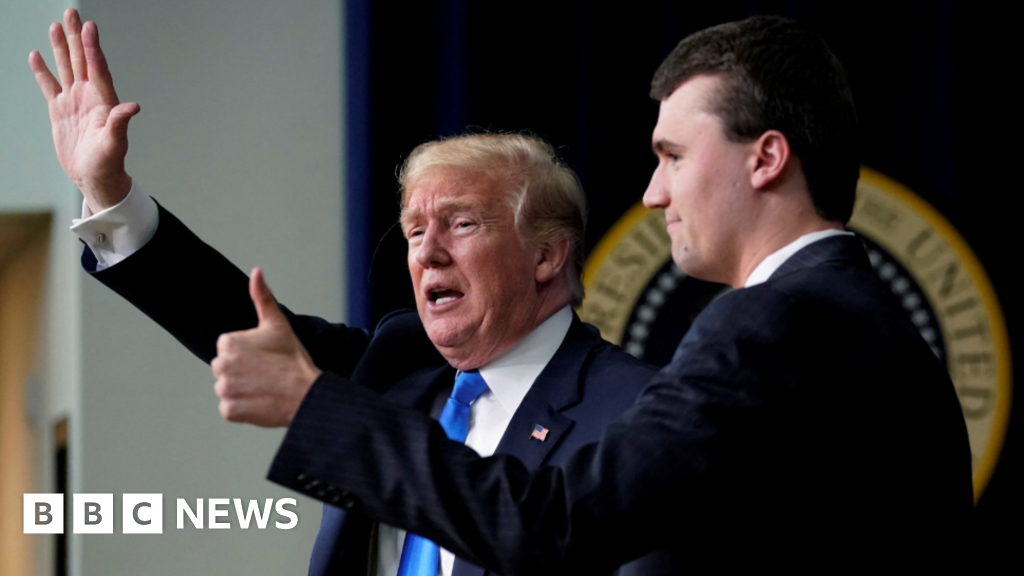
I remember sitting in Bob Redford’s kitchen at his home in Santa Fe a couple of years ago as we settled in for the kind of long, post-dinner conversation that was one of the great pleasures and privileges of being friends with him and his wife, Bylle.
Bob, who died Tuesday at the age of 89, was showing some signs of age by then. He had slowed down appreciably. But he was undimmed. He engaged with my wife Carla and I with great energy on one topic after another, from her latest trip to China to how I saw things in Washington; from Bylle’s latest art project to a discussion of the manifold projects he was working on despite his hard-to-believe protestations that he was retiring.
As he often did, he shared stories of his younger days and the beginning of his career. He’d spent some time going across Europe during the mid-1950s after having dropped out of college, intent on becoming an artist. He slept on a beach in Cannes years before he would return as one of the most incandescent stars at its film festival.
He spoke of having a crisis of confidence in his work back then, a sense of being adrift. One night in a small room in Italy he stayed up late trying to sketch, but then caught a glimpse of his own image in the mirror. He recalled gazing deep, looking at himself and trying to understand, somehow, the essence of who he was. He concluded that perhaps he was not destined to be a visual artist, that there would be another path better suited to who he was.
The rest, as they say, is history. He returned to the U.S. and, after a brief period of struggle and a couple of minor roles, achieved success on Broadway and shortly thereafter, in Hollywood.
But the point of Redford’s story was not about becoming a movie star—although anyone who knew him or saw him work would be hard-pressed to understand how he could have for a minute thought any other occupation was possible. It was about that process of deep introspection, about being driven by a kind of moral imperative not just to understand who he was but to make the most of it.
That mindset not only made him a major film star, but it also ensured he was always looking for new challenges, and always challenging conventional thinking. It led to him producing and directing projects that he thought were important, like All the President’s Men and the Academy Award-winning Ordinary People, to making independent films when that was not the way big stars were supposed to go, to becoming an to establishing the Sundance Film Festival and to being a fierce advocate for protecting the environment.
Indeed, what struck me that evening around the kitchen table, as in all the moments we were fortunate enough to spend with Bob, was that he never stopped the search he described taking place on that long night in a hotel room in Italy. Some movie stars spend their lives mesmerized by their appearance and reflection; this most devastatingly handsome of all male movie stars’ relationship with his mirror was very different. He never stopped looking past the surface. He was always looking for meaning and in that meaning, motivation.
He was a man so grounded in his values and his commitment to making the world a better place that, by his last years, in the current era of American politics, he seemed almost out of place. He had profound contempt for Donald Trump, writing in a Washington Post op-ed in 2019 that “we have a president who degrades everything he touches.” In another piece, he condemned Trump’s “dictator-like” attacks on our democracy. And, perhaps not surprisingly, he expressed even stronger views in private. But Bob’s reaction to Trump was not so much driven by politics as it was by his contempt for a man who could so squander the power he had and so poorly serve the country and the world.
Bob, you see, was a man of a different era. While some reflections on him will focus on his career and his identity as perhaps the last of the great movie stars who evoked Hollywood’s “golden age,” he was more a product of the cultural upheaval and awakening that took place in America in the 1960s and 1970s.
In the end, like many of us who remember that period, he embraced and embodied the hope that we could finally put the inherent injustices in our society behind us, that we could achieve real equality for women and people of color, that we could fight back against the special interests and reverse much of the damage that they had done to our environment. Once, I lamented to him my disappointment that for all our high hopes, much of that had not, in fact, happened as we had expected. And he reproached me, saying not to give up, that we all had to keep working.
In most of the memories I have of Bob, that sense of optimism, commitment, and interest in how to make the world a better place was present. I remember a dinner in New York at which Bob Woodward was present, and the two talked about the lengths they went to get All the President’s Men made—which, incidentally, began with him reaching out to Woodward, who did not immediately believe Robert Redford was actually trying to contact him. I remember once going with him, Bylle and Carla up to the Los Alamos museum; the place was full of Japanese tourists examining our weirdly triumphal memorialization of the artifacts of their destruction, and I saw him standing in a corner, incognito in a baseball cap and sunglasses, appalled at the irony but still talking excitedly about an Oppenheimer-like film project he was at the time trying to develop. And I remember him going to examine virtual reality film-making demonstrations at Sundance one year and then spending much of the evening that followed excitedly envisioning where it all might take film-making in the future.
That is not to say he was all business. As a film, sports, and car fanatic myself, I have never gotten over the pleasure of speeding across New Mexico with him at the wheel as he told stories about several run-ins with local law enforcement he had while testing the limits of one sports car or another, or about his great pal Paul Newman and Newman’s even more developed love of racing cars. His discussions about his love of the west—like his discovering and acquiring a bar in Wyoming that may well have hosted the real Butch and Sundance—were frequent and a genuine joy.
That’s because the core quality that made him a great actor, director, activist, and a great person to be with was the same. It was authenticity. It was being true to himself and being committed to making the most of his time here on this earth. And so, above all, it was the result of a lifetime spent looking beyond his own reflection when he looked into the mirror.
The results, as we all know, were spectacular. We can’t all be movie stars like him. Indeed, no one else was quite like he was. But we can all emulate and live the values that made his life truly extraordinary.



